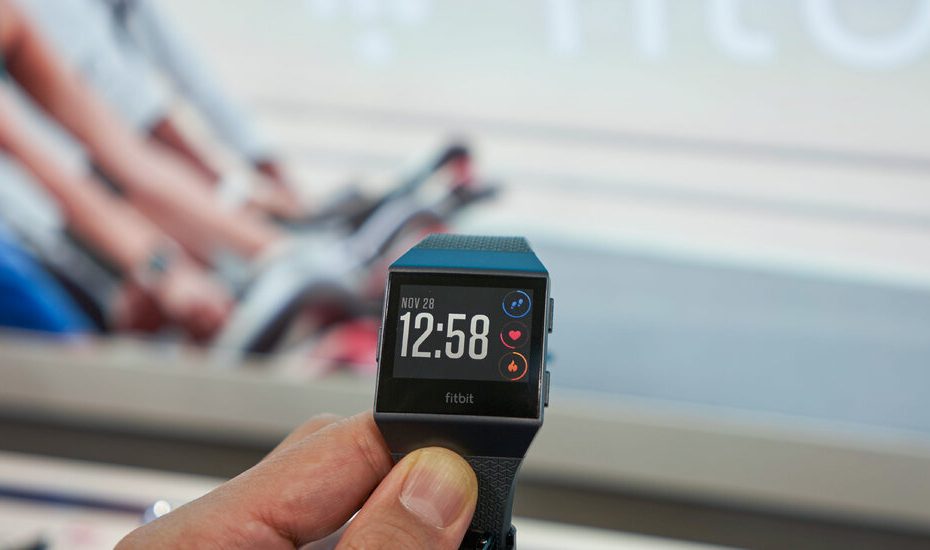Reports that Fitbit's ionic smartwatch was overheating began in 2018 and continued into 2020. But according to U.S. officials, the company did not quickly report, as required by law, that the battery in the watch created an unreasonable risk of serious injury or death to consumers.
On Thursday, the US Consumer Product Safety Commission announced that Fitbit had agreed to pay a $12.25 million civil penalty over its delay in reporting that the lithium-ion battery in the watch could overheat, posing a fire hazard arises.
The Commission noted that Fitbit issued a firmware update in early 2020 to reduce the potential for battery overheating as consumers continued to report suffering due to the watch. But Fitbit didn't voluntarily recall the Ionic Smart Watch until March 2, 2022.
By then, the committee said, Fitbit had received at least 174 reports worldwide of its lithium-ion battery overheating, leading to 118 reported injuries, including two cases of third-degree burns and four second-degree burns.
'Fitbit should have immediately reported numerous overheating incidents, including second- and third-degree burns,” said Commissioner Rich Trumka Jr. in a statement on Thursday. “Instead, Fitbit broke the law by delaying reporting, exposing consumers to the fire hazard. Many of these injuries could have been prevented. ”
In a statement on Friday, a Fitbit spokesperson said: “Customer safety remains our top priority and we are pleased to resolve this matter with the CPSC arising from the 2022 Fitbit Ionic voluntary recall.”
About a million of the devices, which track activity, heart rate and sleep, were sold in the United States from September 2017 to December 2021, with an additional 693,000 sold worldwide. Fitbit said the injury reports represented less than 0.01 percent of all ionic watches sold. The company stopped production of the Ionic in 2020, according to the Consumer Commission.
At the time of the 2022 recall, owners were offered $299 after returning their ionic watches and received a discount code for select Fitbit devices, according to the Consumer Commission.
As part of the settlement agreement, Fitbit agreed to submit an annual report, including updates on the effectiveness of its updated compliance policies.
Google bought Fitbit for $2.1 billion in early 2021 after agreeing not to use the health and wellness data Fitbit created to target ads to internet users.
In 2014, Fitbit recalled more than a million of its power wristbands after customers complained of severe skin irritation.
But the company avoided a recall of its flex bands later that year, after similar complaints, by adding a warning about nickel allergies and a size guideline to prevent users from wearing the wristbands too tightly.

